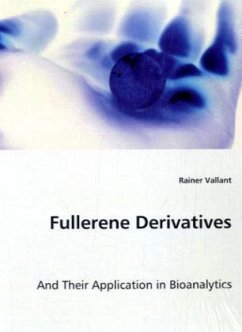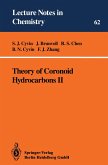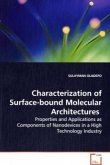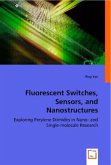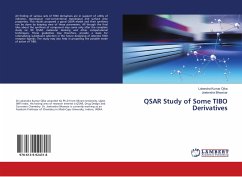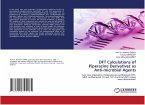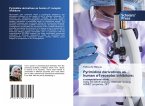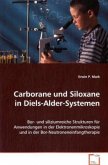Fullerene derivatives, such as dioctadecyl methano fullerene, fullerenoacetic acid, and IDA-[60]-fullerene were prepared and subjected to a comprehensive characterization study including protein binding properties and capacity. These fullerene derivatives were successfully applied as material-enhanced laser desorption/ionization (MELDI) carrier materials. It is shown that diverse functionalities result in characteristic human serum peak patterns (m/z 2000-20 000) which vary in terms of signal intensity as well as number of detectable masses. In addition, the fullerene derivatives clearly provided differences in the low molecular weight mass region (m/z 1000-4000) after elution of the adsorbed serum constituents. Monolithic, high-resolution capillary columns, were employed for eluate separation and target spotting. Thus, serum compounds were successfully fractionated and subjected to MS/MS analysis. This contribution, hence, proposes a new 'top-down' strategy for proteome research enabling protein profiling as well as biomarker identification in the low-mass range using selective enrichment, high-resolution separation, and offline MALDI-MS/MS evaluation.
Bitte wählen Sie Ihr Anliegen aus.
Rechnungen
Retourenschein anfordern
Bestellstatus
Storno

